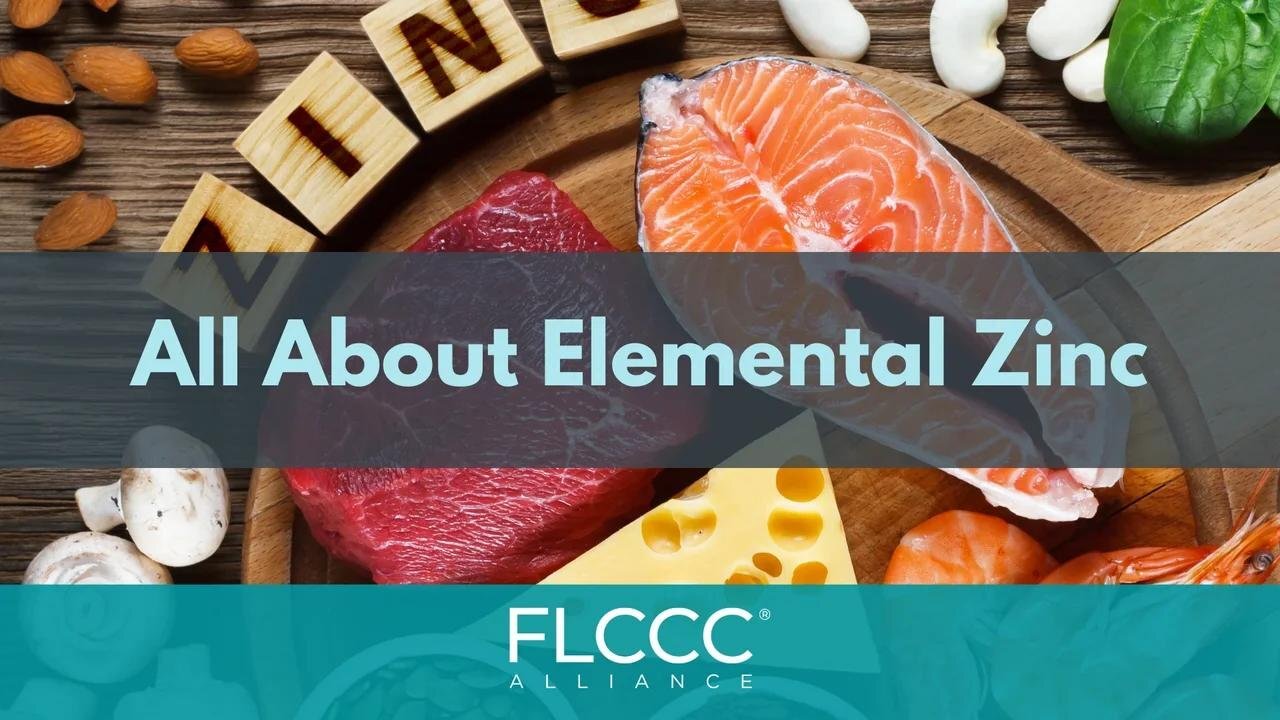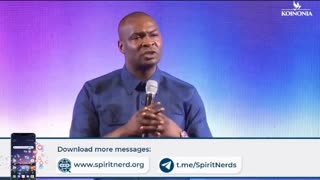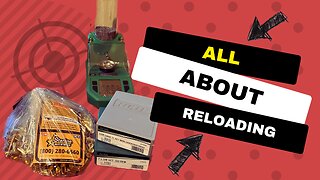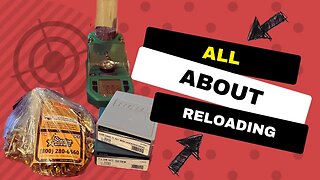Premium Only Content

All About Elemental Zinc
Elemental zinc is the actual amount of zinc contained in a supplement or compound and the quantity absorbed by the body.
Zinc is important for:
• Wound healing
• Protein synthesis
• Maintaining taste and smell
• Reproductive health
Signs of zinc deficiency include:
• Unexplained weight loss
• Poor wound healing
• Skin rashes/acne
• Diarrhea
• Loss of appetite
• Frequent infections
• Hair loss
• Delayed sexual maturation
• Lack of taste and smell
Foods that contain zinc:
• Oysters
• Beef
• Chicken
• Tofu
• Pumpkin seeds
• Lentils
• Yogurt
• Oatmeal
There are many different types of elemental zinc:
Zinc Oxide: Contains as much as 80% elemental zinc. Not as bioavailable as other forms. Commonly used in sunscreens, diaper rash treatments and creams for skin irritations.
Zinc Citrate: Contains approximately 34% elemental zinc. Well-tolerated and easily absorbed.
Zinc Acetate: Contains approximately 30% elemental zinc. Often used in lozenges for the common cold.
Zinc Sulfate: Contains approximately 23% elemental zinc. Often used in eye treatment products.
Zinc Picolinate: Contains approximately 21% elemental zinc. Often used in supplements due to its high bioavailability.
Zinc Monomethionine: Contains approximately 21% elemental zinc. Bioavailable and often used in supplements for immune support.
Zinc Rotate: Contains approximately 20% elemental zinc. Well-absorbed and often used in supplements for a variety of conditions.
Zinc Gluconate: Contains approximately 14% elemental zinc. One of the most common over-the-counter forms of zinc and typically used in lozenges for the common cold.
Based on research, Zinc Picolinate and Zinc Monomethionine are often recommended as they have high amounts of elemental zinc and are more easily absorbed by your body. Practitioners advise which zinc to choose based on the patient's health needs.
Download our Nutrient Guide, ‘From A to Zinc’ here: https://covid19criticalcare.com/tools-and-guides/from-a-to-zinc-the-flccc-nutrient-guide/
In the I-CARE: Early COVID Treatment protocol, dosing and administration is 75–100 mg/day.
To learn more about our protocols, click here:
https://covid19criticalcare.com/covid-19-protocols/
To learn more, click here:
https://flccc.net
We are a 100% donor-supported 501(c)(3) non-profit organization — our work would not be possible without you. Your gifts help us expand our reach and share the latest research available, for the health and well-being of all.
To donate online, click here:
https://covid19criticalcare.com/network-support/support-our-work/
To follow FLCCC, click here:
https://covid19criticalcare.com/follow-flccc-2/
To register for weekly webinars, click here:
https://geni.us/FLCCC_Webinar_Register
To buy FLCCC gear, click here:
https://supportflccc.store/
Disclaimer:
This video is not intended to provide assessment, diagnosis, treatment, or medical advice; it also does not constitute provision of healthcare services. The content provided in this video is for informational and educational purposes only. Please consult with a physician or healthcare professional regarding any medical or mental health related diagnosis or treatment. No information in this video should ever be considered as a substitute for advice from a healthcare professional.
CSID: df7d159cb8d883c0
Content Managed by ContentSafe.co
-
 0:31
0:31
Peternglamuda45
2 years agoAll about life
1811 -
 13:45
13:45
Drummstick59
2 years agoAll about Reloading!
44 -
 13:45
13:45
Drummstick59
2 years agoAll about Reloading
24 -
 49:03
49:03
South Park Baptist Church, Fort Worth, Texas
2 years agoIt’s all about Righteousness
4 -
 0:44
0:44
SpikeActual
2 years agoAll About Computers
3 -
 1:25
1:25
RyanVetter10
2 years agoAll About Saranagati Village!
7 -
 0:32
0:32
Turning Point Action
2 years agoIt’s all about money
9 -
 6:45
6:45
BOSSPREPAREDNESS
2 years agoALL ABOUT THE MONEY
1 -
 2:52:10
2:52:10
TimcastIRL
4 hours agoDrunk Raccoon Becomes Top US Story After Getting Plastered, Passing Out In Bathroom | Timcast IRL
198K76 -
 LIVE
LIVE
SpartakusLIVE
7 hours agoRule #1 - The BEST Loot is ALWAYS in the OTHER GUY'S BAG
587 watching